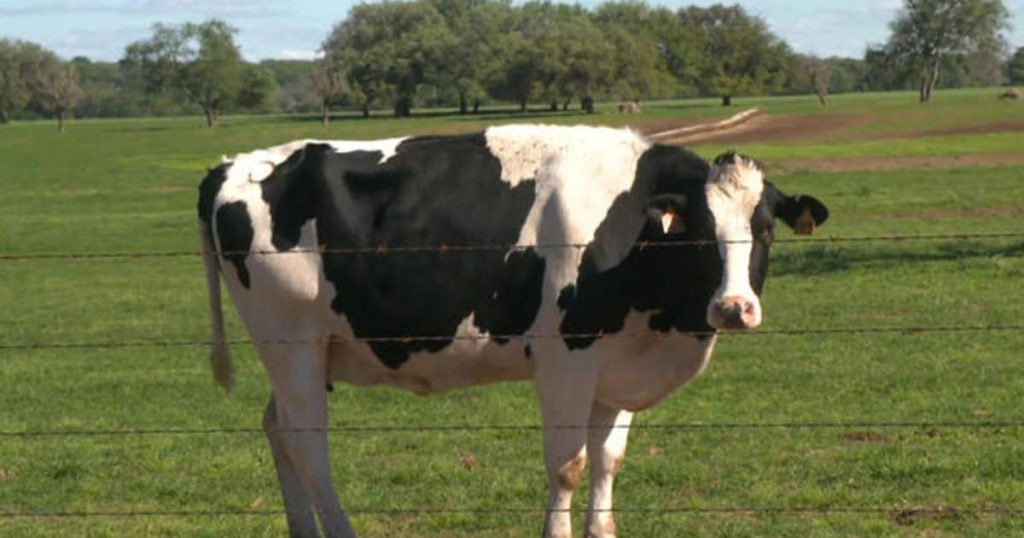Bird flu, a viral disease that primarily affects birds, has been detected in cows in Texas, raising concerns about its potential impact on dairy production. In addition to the infected cows, at least one dairy worker has also been infected with the virus. Texas officials are urging dairy producers to take extra precautions to prevent the spread of the virus among their cattle and workers. The presence of bird flu in cows is concerning because it can have a significant impact on milk production and supply in the United States.
The spread of bird flu among dairy cows poses a threat to the U.S. dairy supply chain, as infected cows may need to be culled to prevent the further spread of the virus. This could result in a decrease in milk production and potentially lead to shortages of dairy products. In addition, there is a risk of the virus spreading to other livestock and poultry, further impacting the agriculture industry. Dairy producers are being advised to monitor their cows for any signs of illness and to follow strict biosecurity measures to prevent the spread of the virus on their farms.
The potential impact of bird flu on the U.S. dairy supply is a cause for concern for both producers and consumers. Dairy producers may face financial losses due to decreased milk production and the cost of implementing biosecurity measures to prevent the spread of the virus. Consumers may also experience shortages of dairy products and potentially higher prices as a result of decreased supply. In addition, there are health risks for both dairy workers and consumers if the virus spreads further among cattle and into the food supply.
The detection of bird flu in cows in Texas highlights the need for vigilance and proactive measures to prevent the spread of the virus among livestock. Dairy producers are being advised to enhance their biosecurity protocols, including isolating sick animals and limiting contact with potentially infected individuals. In addition, workers on dairy farms should practice good hygiene and take precautions to prevent the transmission of the virus. It is crucial for the agriculture industry to work together to contain the spread of bird flu and protect the U.S. dairy supply.
The impact of bird flu on the U.S. dairy industry extends beyond just milk production, as dairy products are a vital part of the American diet. Consumers rely on dairy products for essential nutrients, and any disruption in the supply chain could have far-reaching consequences. The presence of bird flu in cows underscores the importance of maintaining strict biosecurity measures on farms and implementing strategies to prevent the spread of the virus. By taking proactive steps to protect livestock and workers, dairy producers can help safeguard the U.S. dairy supply and ensure the continued availability of dairy products for consumers.
In conclusion, the detection of bird flu in cows in Texas has raised concerns about its potential impact on the U.S. dairy supply. Dairy producers are being urged to take extra precautions to prevent the spread of the virus among their cattle and workers. The presence of bird flu in cows poses a threat to milk production and supply in the United States, with the potential for shortages and higher prices for consumers. It is essential for the agriculture industry to work together to contain the spread of bird flu and protect the U.S. dairy supply chain. By implementing strict biosecurity measures and practicing good hygiene, dairy producers can help mitigate the risks associated with bird flu and ensure the continued availability of dairy products for consumers.


